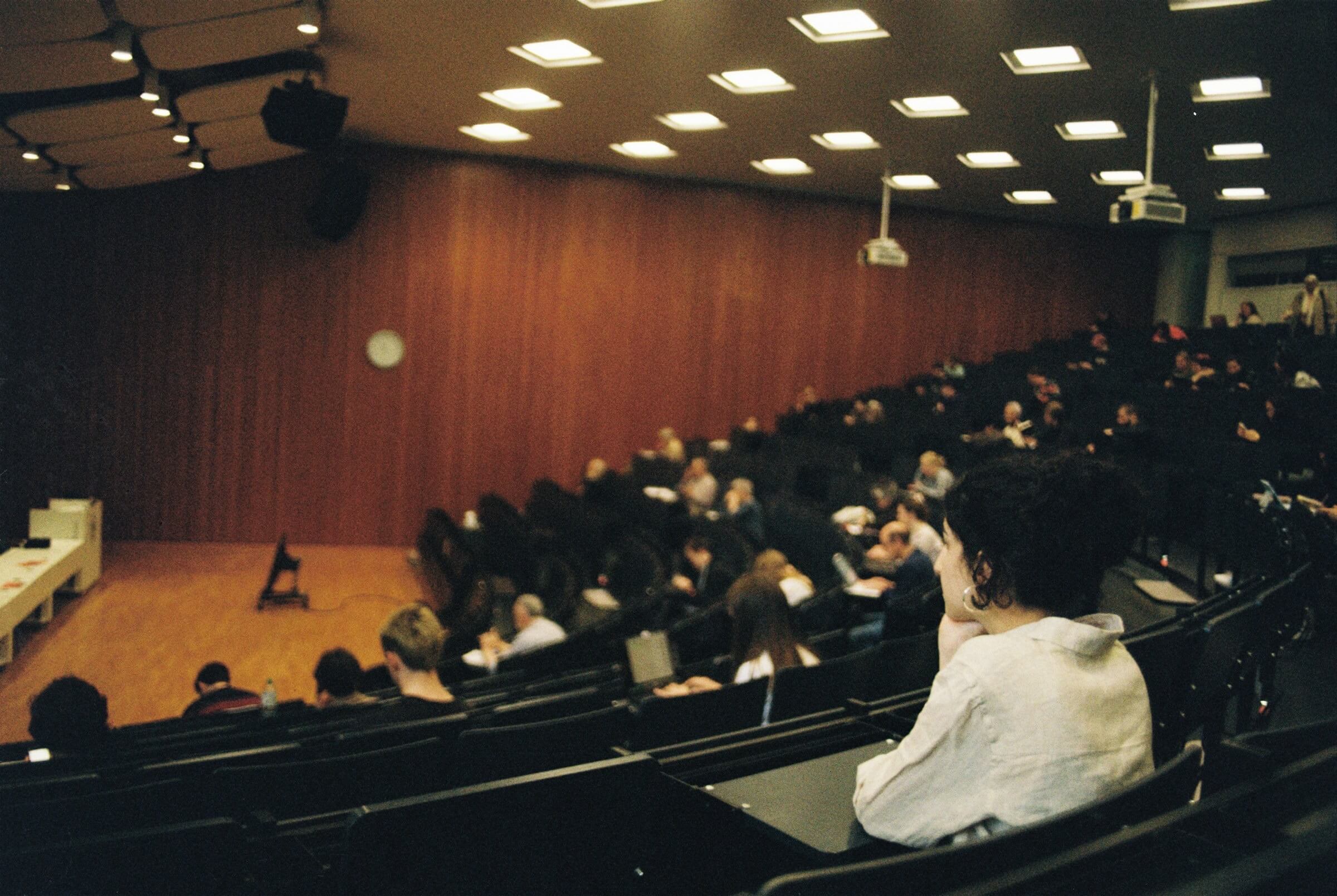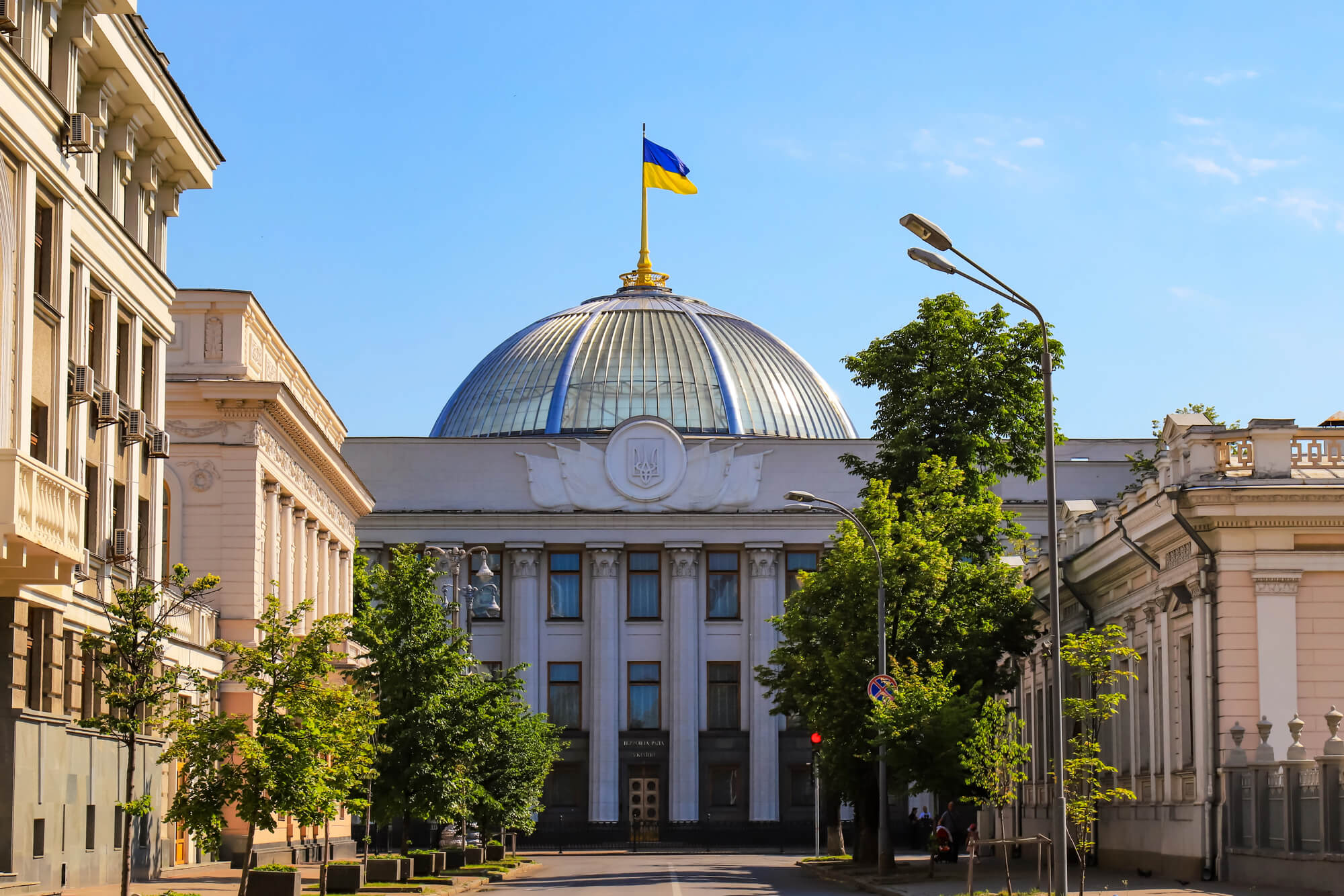What is the biggest obstacle for the renewable energy in Ukraine? You will find the answer in the third part of our interview with Hans-Josef Fell, the architect of the German feed-in tariff. Read the first part here and the second part here.
Hans-Josef Fell was a member of the German Parliament from 1998 until 2013. He was the spokesman for the Green Party on energy policy. Mr. Fell is a globally recognized expert on energy policy and climate change with a visionary view on renewable energy sources. He is the key architect of the German feed-in tariff, which has been copied by more than 60 nations around the world. Hans-Josef Fell has won various international prizes for the promotion of renewable energy and remains active as a member of the World Council for Renewable Energy.
How is it, in general, possible to continue developing the renewable energy market without allowing renewable energy oligarchs to gain too much power?
In my opinion, we have to make everybody invest in renewables, including established big business. If we attract only new investors, only fair people with little money, the development of renewable sector will take too long. Making oligarchs switch from investment in conventional energy sources to renewable ones is an important task.
In order to prevent the renewable energy system from being too centralized you need to follow a so-called combined strategy. In Germany, big investors and financial companies work together with the population in the regions, offering people to co-finance renewable energy projects. A single individual, regardless of the country of residence, doesn’t have enough money to finance big projects, therefore it is very important to have efficient financial strategies, combining money from big companies and money from the population.
The secret of the high percentage of renewable energy acceptance in Germany is the cooperatives of citizens. This format can be also introduced in Ukraine and will play a big role in creating new income for many people. And, of course, access to the grid is a must. The grid must be open to everyone who comes with renewable energy.
Within fair political and market framework, with fair prices for conventional energy visible to consumers, can renewable energy be more competitive and attractive for investors in comparison with conventional energy without the feed-in tariff?
Yes, it can, but not every renewable energy source. Biogas is still more expensive than natural gas, but with the current cost dynamics this will also change soon, biogas will become cheaper. As for solar energy and wind energy, they are already much cheaper than conventional energy and also cheaper than hydropower.
The biggest obstacle for businesses that want to invest money in renewables is an approval framework in the country. There are many obstacles to getting access to the grid, to being allowed to sell electricity to the neighbors. It is necessary for the political framework to include the approval framework. So, it’s not only the question of price, it’s also the question of procedures. In Ukraine, the Electricity Regulator has power to decide whether it will allow a new investor to join the grid or not. This must be changed. Giving privileged access to the grid for renewable energy producers is one the crucial factors for development of a renewable energy market in Ukraine. In Germany we introduced such privileged access in 1990. Cutting the subsidies for conventional energy, giving privileged access to the grid for renewable energy producers and introducing an efficient feed-in tariff would cause fast and tremendous growth of renewable energy production in Ukraine. Moreover, the size of the feed-in tariff can be much lower than it was in the past, and this is also an economic chance for you.
When I listened to your lecture in Kyiv several months ago, I heard people commenting that you told the right things, gave sound advice, but you underestimated Ukrainian ‘special conditions’, namely corruption, level of political uncertainty and other factors that can make policy methods effective in other countries, but complete failure here.
Corruption is, undoubtedly, the biggest obstacle for renewable energy development all over the world. In some countries even the renewable energy market can grow only with corruption. And many advanced corrupters already learned that renewable energy is good and profitable business. Of course, this doesn’t mean we should tolerate corruption and take it for granted. But it also doesn’t mean that we should wait until we conquer corruption to build a renewable energy market. The best way is doing the two things in parallel. Don’t think that Ukraine is the only corrupt country. In Germany we also have corruption, it’s just not as open to public and media as in Ukraine.
Returning to the topic of the decision-making quality on the governmental level. We have the situation in Ukraine, where the climate and energy policy cannot be realized within the same Ministry. Implementation of the Climate Policy is the responsibility of the Ministry of Environment, while the Energy Policy is the responsibility of Energy Ministry. I know that in some countries these two functions are combined within the same Ministry.
This is very rare in fact. In most countries the division between the ministers is the same as in Ukraine. In Germany we also have the same division. But the voice of the Ministry of Environment is very important for promoting renewable energy. My advice to the Minister of Environment in Ukraine would be that he should not put climate protection goals above all. There shouldn’t be climate protection purely for climate protection.
Instead it is better to formulate an energy message, emphasizing the importance of a long-term and sustainable energy security that would create a new, prosperous economy, bring new jobs to economy and also help the climate. And together with saying this it is very important to have high quality data for providing proof to the Economic and Trade Minister and others Ministers and to be persuasive. There is still mainstream thinking in the world, saying that climate protection will be a burden for the economy. We have all chances to make this message reverse: climate protection is not a burden, but a boost for the economy.
You mentioned the aspect of bringing more jobs to the economy with the renewable energy. Please, tell us more about the changes in the German labor market that came with the renewable energy sector.
Renewable energy sector is one of the biggest new employers globally. Indeed, in Germany we had a great increase of new jobs in the renewable energy sector. In 1998 our renewable energy sector employed 30 000 of people, now it accounts for 380 000 jobs.
How many jobs during this time were lost in conventional energy sector?
There is a new study from the German Institute of economy (DIW) that shows that the switch to renewables creates much more jobs than conventional sector loses. Every year renewables bring in Germany by 18 000 more jobs, than the old energy sector loses. When it comes to more employment, it is a political task to bring new investment into renewable energy sector, to technology producers, to focus on the regions where the conventional energy industries are still located to avoid social tension when the labor market transition from conventionals to renewables starts happening.
Was it a big shift in scientific, technological progress in Germany during the 10-15 years of the German renewable energy market development?
Yes, for sure. The more renewable energy companies grow, the bigger becomes their competition for the best technology. In Germany it lead to an increase of financial resources given to the Universities, scientific institutions. The growth of renewable energy is a big boost for science globally.
If we think about the best possible scenario of renewable energy market development in Ukraine in 10 years, taking to account the amount of money in our economy at the moment, but assuming that we make the best possible political decisions, what would be the best scenario for the Ukrainian renewable energy then? What portion of the total energy consumption can be covered with the renewable energy production?
In ideal situation, if we assume that you have really good political framework and no obstacles caused by utilities or oligarchs, it would be possible in 10 years to come to 100 percent of your energy demand satisfied by renewables. Look back at the time of the First World War. The Great Britain within just 2 years created a completely new airplane industry. There was almost no airplane production in the world at that time. The military pressure made it possible, creating motivation for the mass production of airplanes. So, going with the very fast boost of industry is very possible. The same rapid progress happened with the information technologies. Now we are in the situation where renewable energy technologies are already cheap. Look at Costa Rica in Central America. Several years ago it set a target of 100% renewable electricity by 2021, and they already reached the target this year! So, I believe the rapid development of renewable energy in Ukraine is very possible in a very short run. All the obstacles existing are political in nature. Renewables will conquer the world anyway, nobody can stop this process anymore. The nations which come too late with the switch to renewables will be the economical losers in the upcoming years.
By Ganna Gladkykh.
Attention
The author doesn`t work for, consult to, own shares in or receive funding from any company or organization that would benefit from this article, and have no relevant affiliations



